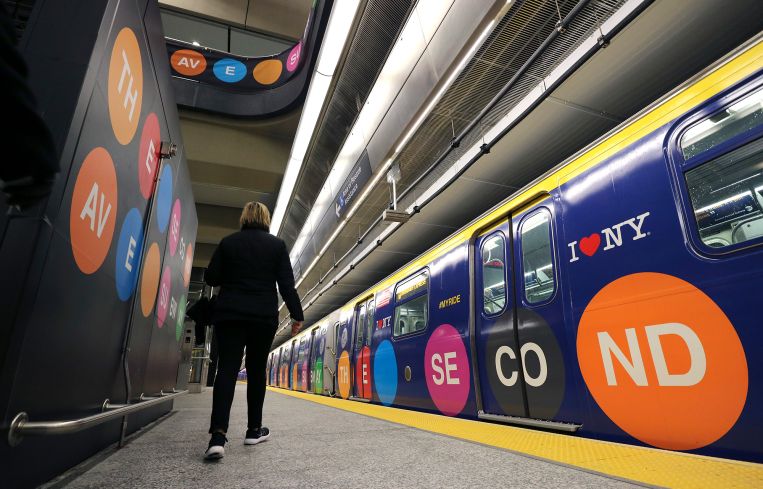MTA Looks to Take Over East Harlem Properties for Second Avenue Subway Project
By Isabelle Durso June 26, 2025 5:27 pm
reprints
The Metropolitan Transportation Authority (MTA) has moved to seize and demolish properties in East Harlem for phase two of the Second Avenue Subway project, which will extend the Q line from East 96th Street to East 125th Street.
The MTA recently submitted a petition in New York State Supreme Court to begin eminent domain proceedings against 10 sites on Second Avenue between East 115th and East 119th streets to make way for two entrances to a new East 116th Street subway station, according to Crain’s New York Business, which first reported the news.
“The MTA is doing what it needs to do using its eminent domain powers, as it has all along for the Second Avenue Subway,” Mitchell Korbey, a land use attorney at law firm Herrick Feinstein, told Commercial Observer. “It’s a clear public benefit, and it’s the appropriate use of the eminent domain power.”
The landlords of the 10 properties eyed for demolition — which include apartment buildings, ground-floor retail space and a church — will have four months to challenge compensation offers from the MTA in court, Crain’s reported.
Residential buildings on the list include 2240, 2242 and 2246 Second Avenue — which are owned by Ziva and Nasir Sasouness — as well as 2262, 2264 and 2308 Second Avenue, according to the outlet. The Independence Pentecostal Church at 2302 Second Avenue is also on the list.
A spokesperson for the MTA did not immediately respond to a request for comment, while spokespeople for the landlords and church could not be reached for comment.
The Second Avenue Subway project — which is set to create three new stations at East 106th, East 116th and East 125th streets — will cost $7.7 billion and be operational sometime between 2030 and 2039, according to the Federal Transit Administration.
Last month, the MTA filed an application with the New York City Council to build 684 units of housing at Lexington Avenue and East 125th Street as part of the project, though a developer has yet to be chosen, CO previously reported.
“I think this is a wonderful example of transit-oriented development,” Korbey said. “It’s a great example of the MTA as a state authority working with the city and coming together and doing something that will result in housing opportunities for New Yorkers.”
Despite support for the project’s housing, the subway extension has hit a few snags.
In 2023, landlords of some sites near the subway project at East 120th Street sued the MTA over low offers for their properties, Crain’s reported. Meanwhile, in August, the MTA submitted court filings accusing the owners of three Harlem apartment buildings of preventing construction crews from working on the Q line extension, CO reported.
Isabelle Durso can be reached at idurso@commercialobserver.com.



